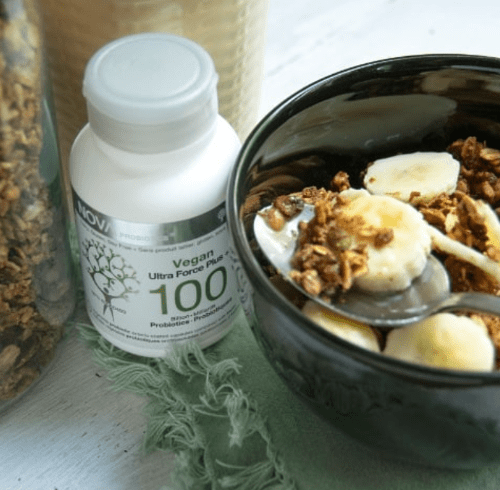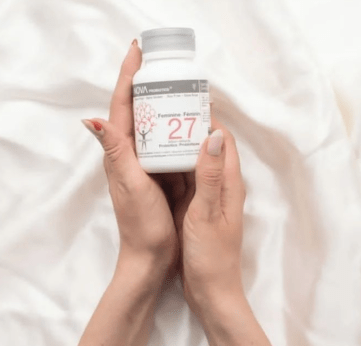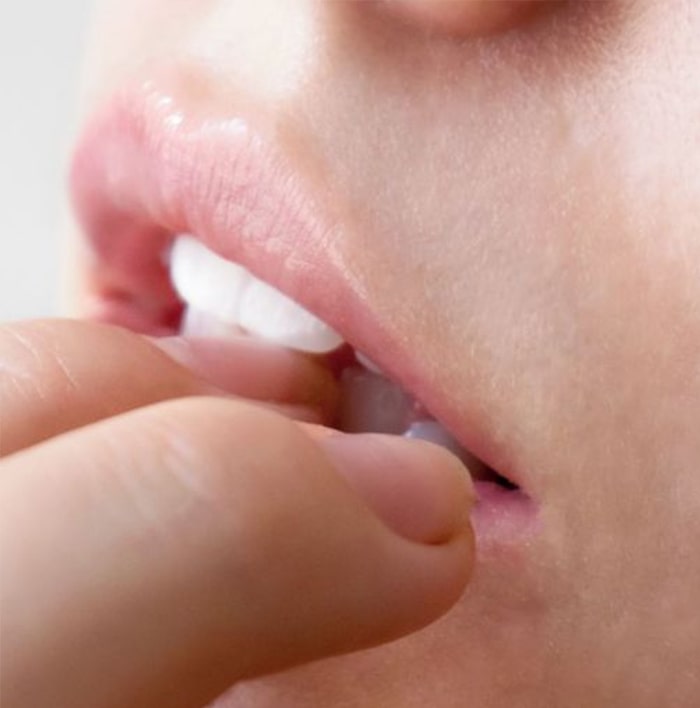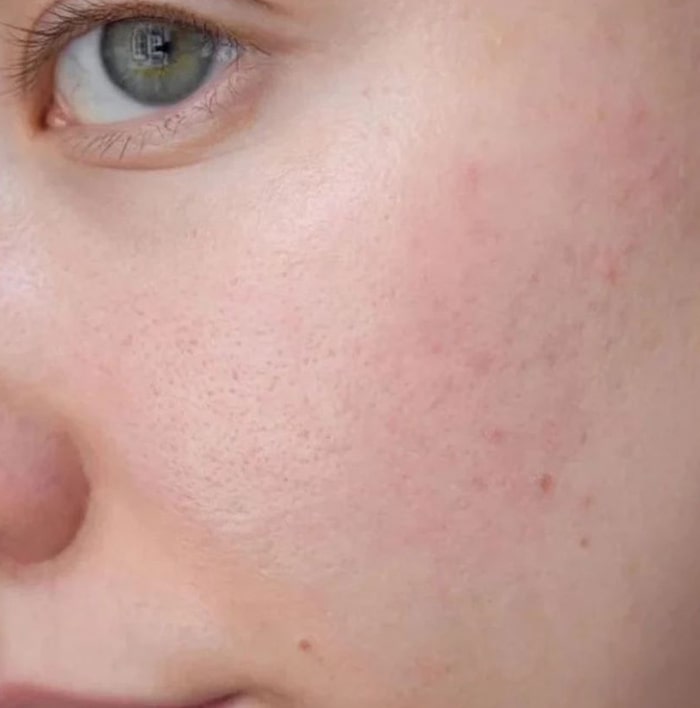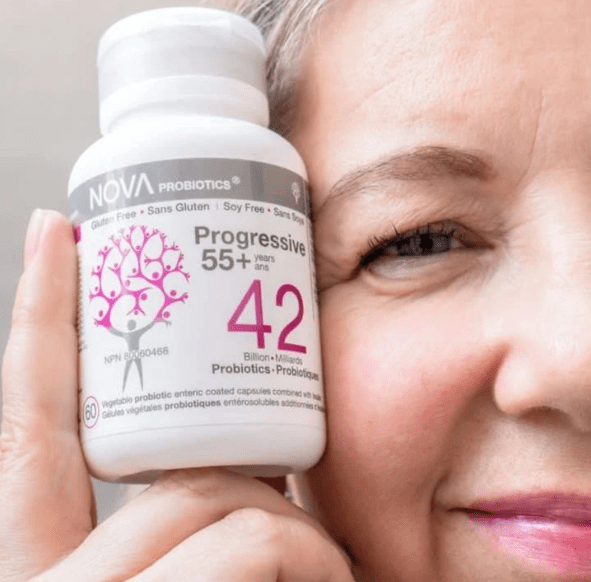Weight Loss
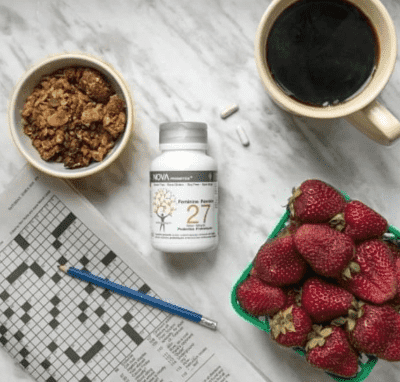
Weight loss seems to always be a hot topic. At any given time you or someone you know is likely trying to lose weight. In addition to the aesthetic appeal of dropping extra pounds there is extensive research about the added health risks posed when you are overweight or obese. Multiple studies have indicated probiotics can be helpful in losing weight and reducing belly fat.
Residing in your digestive system are hundreds of microorganisms. Most of these are friendly bacteria. Good bacteria produce several important nutrients such as vitamin K and some B vitamins. Beneficial bacteria also assist in breaking down fiber which your body is unable to digest. It turns it into useful short-chain fatty acids like butyrate.
Bacteroidetes and Firmicutes are the two main families of good bacteria in the gut and it appears that their balance is linked to body weight.
Research has shown that often moderate weight people have different gut bacteria than overweight or obese individuals. The good bacteria which probiotics help to populate your gut with have been found to lower body weight, body mass index (BMI), and waist size. Using probiotics for weight loss can help to lessen your belly fat, reduce bloating and improve your digestion and minimize cravings.
Most studies found that obese people had more Firmicutes and less Bacteroidetes than their moderate weight counterparts. Also, people who are obese often have less diverse gut bacteria. Those who are already obese with less diverse gut bacteria are prone to putting on more weight than those with obesity who still maintain diverse gut bacteria.
Probiotics may actually help your body to take in less calories from the foods you consume as they may be able to impede dietary fat from being absorbed and cause more fat to be excreted with feces. Probiotics can increase the body’s ability to break down nutrients and help you to feel full longer, burn additional calories and reduce fat storage. This is partially because of the increased levels of certain hormones such as GLP-1.
Also, probiotics could help with the release of hormones which regulate your appetite and increase the levels of fat-regulating proteins.
There is significant evidence that says that obesity is connected to inflammation in the body. Probiotics boost the health of your gut lining which can lessen systemic inflammation. Probiotics can reduce gut inflammation and increase metabolic function. At the same time they can limit the fat storing hormone and promote regular bowel movements.
Regular and thorough elimination also aids in weight loss and since probiotics help with constipation this is another way they may contribute to losing and managing weight.
Diet and exercise are also key components when attempting to lose weight but increasing research indicates that probiotics can be beneficial in aiding in your weight loss journey and subsequent weight management.
